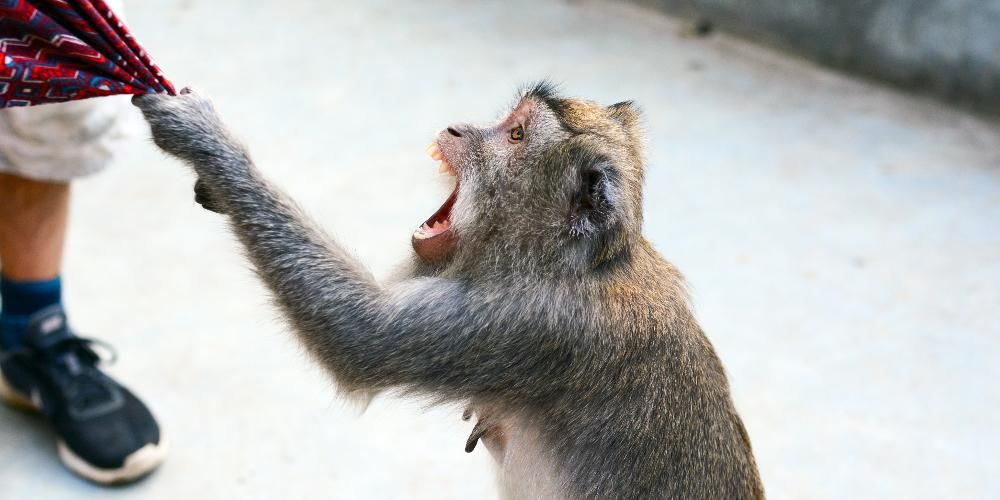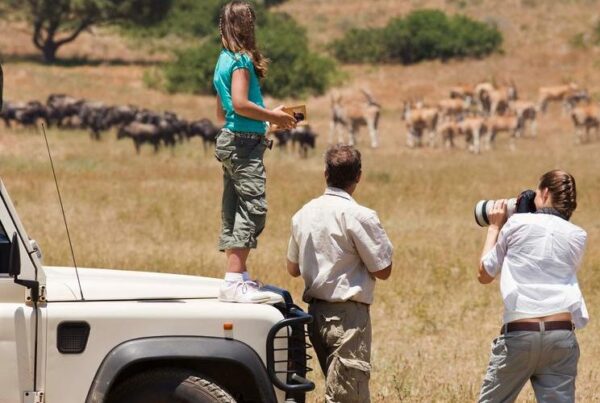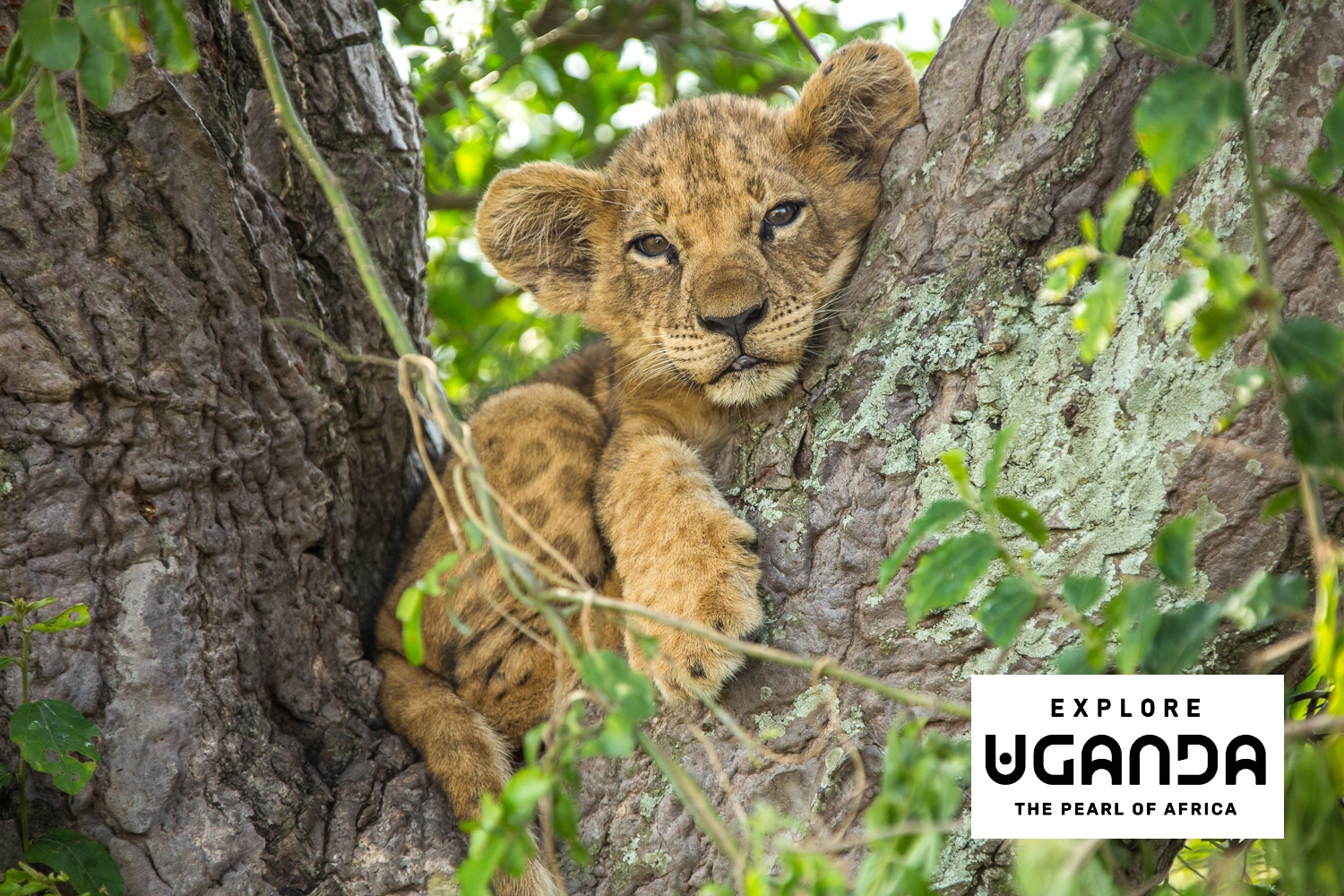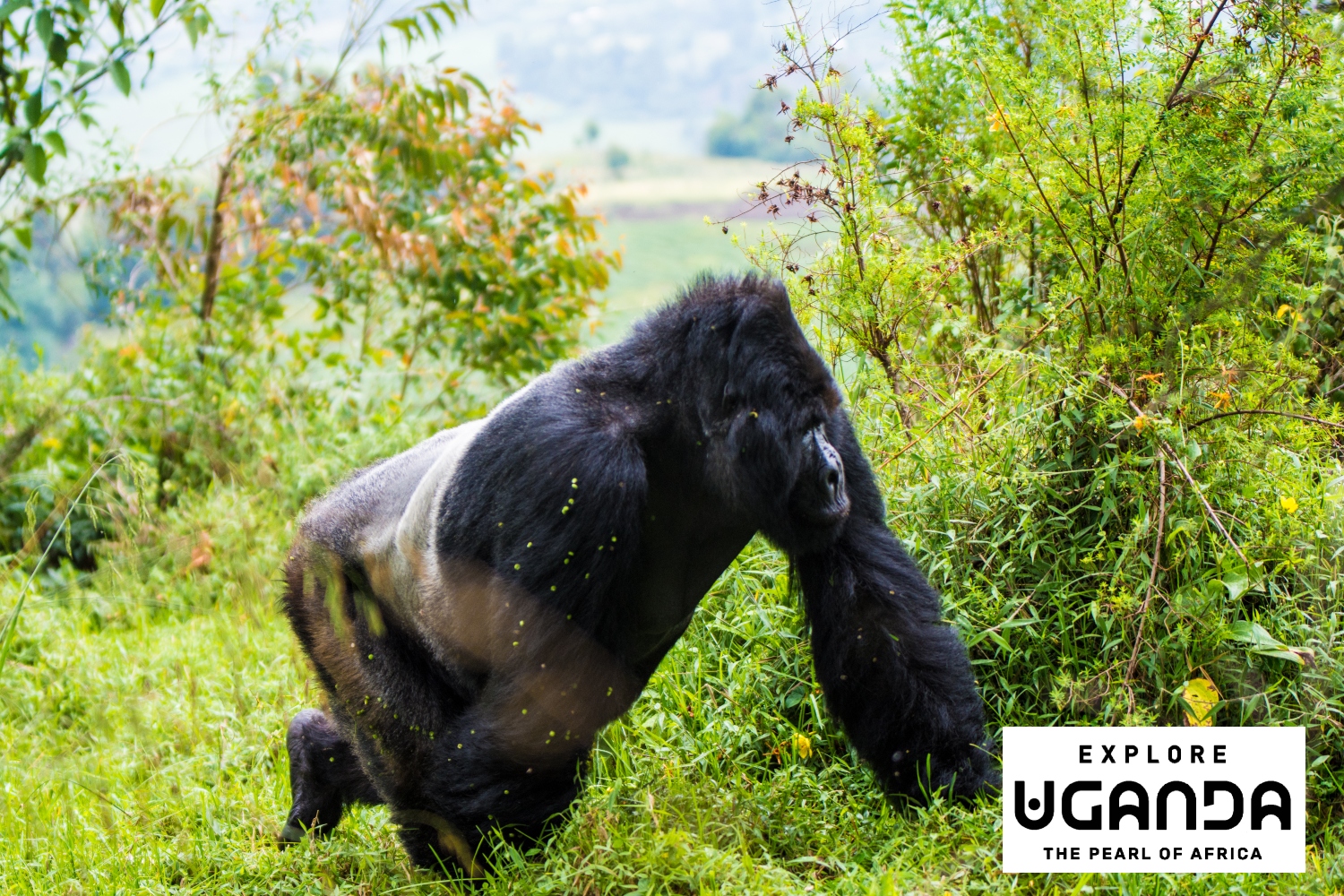Travellers heading to Bali are being reminded to take extra care when visiting the island’s popular wildlife attractions, particularly its famous monkey forests, following renewed advice about the risk of rabies.
Interacting with the playful long-tailed macaques is often high on the bucket list for Bali holidaymakers, but health authorities warn that the experience must be approached with caution. Dr Nyoman Arya Dharma, Head of the Animal Health Centre for Gianyar Regency, has emphasised that while local authorities are investing heavily in rabies prevention, both communities and tourists share the responsibility of minimising risks.
“Controlling the monkey population can help reduce the risk of spreading rabies, as well as controlling other wild animal populations,” Dr Dharma said.
He stressed the importance of adhering to visitor guidelines, urging tourists to avoid touching, feeding, or getting too close to the animals, even for photographs. Breaking these protocols can increase the chances of bites, scratches, and potential transmission of disease.
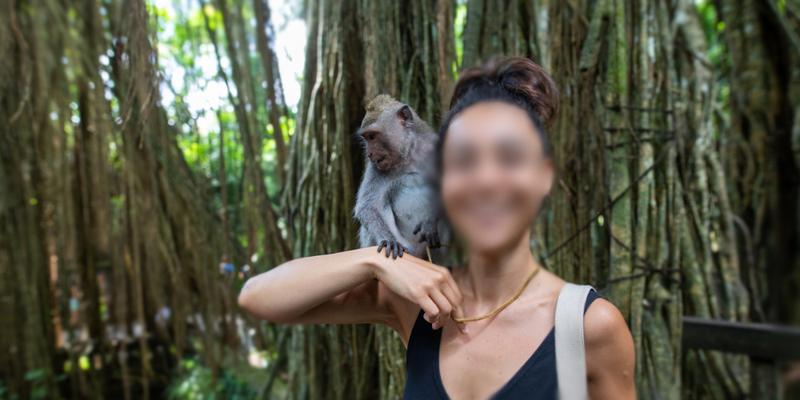
Don’t do this.
Dr Dharma further advised that anyone who is bitten or scratched by a monkey or wild animal should immediately wash the wound with soap and running water and seek medical assistance without delay.
Bali’s best-known wildlife attraction, Ubud Monkey Forest, has long had strict health and safety measures in place. The sanctuary routinely monitors the health of its resident monkey population and reports that, since its opening in 1960, there have been no recorded cases of rabies within the forest.
According to the Ubud Monkey Forest team, if a monkey is found dead under suspicious circumstances, the body is tested for rabies by the Bali Animal Disease Investigation Centre, following guidance from the Primate Research Centre at Udayana University. To date, all results have returned negative. The forest also runs an annual mass sterilisation programme to help manage the monkey population and ensure the health of the troop, supported by an on-site medical clinic for both animals and visitors.
Beyond Ubud, Bali’s newest monkey attraction – Kemenuh Monkey River – recently opened in Sukawati District, just a short drive from central Ubud. Open daily from 9am to 6pm (with last entry at 5pm), the sanctuary offers a more relaxed experience, where visitors can observe Bali’s long-tailed macaques, spot the rare white monkeys, and even see flying foxes. Special promotional rates are currently available, with entry priced at IDR 80,000 for adults and IDR 40,000 for children.
Whether visiting established sites like Ubud Monkey Forest or newer locations such as Kemenuh Monkey River, tourists are encouraged to enjoy Bali’s rich wildlife respectfully — keeping a safe distance and following all health advice to ensure a memorable and safe experience.
